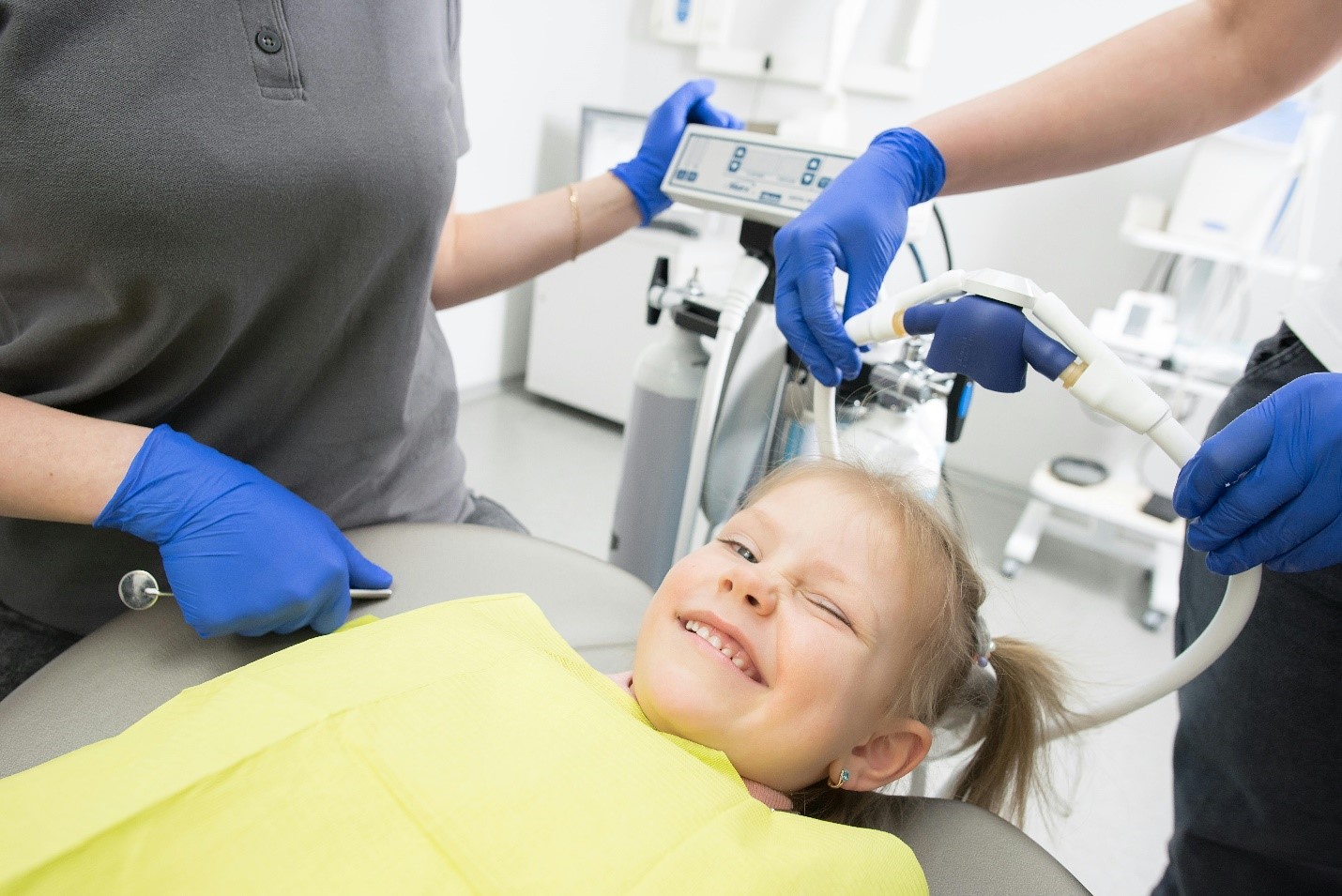Dental Trauma – Causes and Treatment
Dental trauma
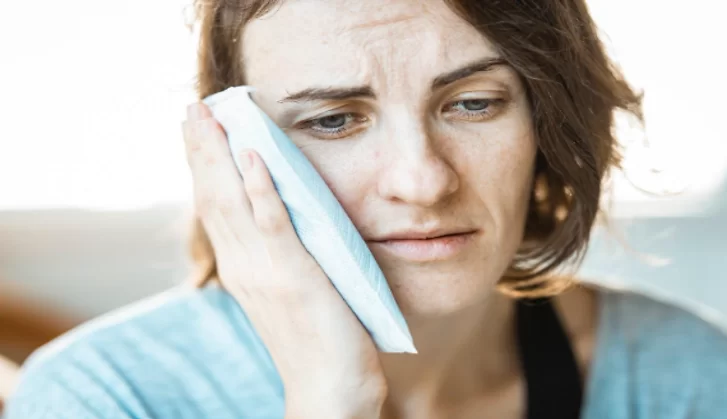
Dental trauma is a blow or injury directly or indirectly to one or more teeth and their associated
structures. Dental trauma should not be taken lightly and must always be checked by a proper oral
surgeon to check for any long-term damage or complications.
What Is Dental Trauma?
Dental trauma is defined as a physical injury that is caused to teeth and their surrounding structures. It
may involve only the teeth or the lip, gums, and supporting structures of the teeth, such as the alveolar
bone or jaw.
The following conditions fall under dental trauma:
â— Chipped tooth
â— Broken tooth
â— Avulsed or knocked out tooth
â— Intruded tooth
â— Jaw fracture
â— Lip laceration
â— Gum laceration
â— Fracture of the alveolar socket
â— Fracture of the temporomandibular joint
What Are The Causes Of Dental Trauma?
The causes of dental trauma are extremely painful and may be caused by the following:
â— Road traffic accidents
â— Falling from a high place
â— Motorbike accidents
â— Sports injuries
â— Caused by physical abuse
â— Getting into a physical fight
How Is It Diagnosed?
The following tests can diagnose dental trauma:
â— Clinical exam conducted by a specialized dentist
â— Dental x-rays to check the extent of fracture in the teeth
â— Jaw x-rays to check for maxillary and mandibular fractures
How Can Dental Trauma Be Treated?
Depending on the cause and extent of damage to the teeth and dental structures, they can be treated
by the following methods:
Fractured Maxilla
A fractured maxilla or upper jaw can result in injury to the eye as well. there may be swelling, bruising,
and inability to close the mouth properly. There may be facial deformity, and the patient may suffer a
spinal or cervical injury depending on the severity of the blow.
Fractured Mandible
In this type of fracture, the patient may not be able to open or close their mouth. Pain, swelling, and
bruising may be seen.
Treatment Of Jaw Fractures
Depending on the type and severity of the fracture, metal plates or intermaxillary fixation may be
required to hold the jaws in place. In severe cases, surgery may be required. If the fracture is not
severed, the patient may be advised a soft diet and to rest their jaws as much as possible.
What To Do In Case Of A Knocked Out Tooth?
In case you or someone suffers an accident that causes their tooth to be knocked out, you can take the
following steps until you can reach the dental office or the hospital.
â— Pick the tooth up and hold it by the crown, be careful not to touch the root of the tooth.
â— Rinse it gently with clean water to clear it off any dirt or debris
â— Hold the tooth and replant it into the patient’s socket in the correct position and hold it in place
with your hand or bite gently into a gauze. This step is very important as it can replant the tooth
back into the socket. The longer you wait, the lower the chances of the tooth replanting
successfully.
If you cannot replant the tooth, put it in a cup of cold milk or even your own saliva and bring it
to the dental clinic in an emergency for it to be put in place and splinted.
What To Do With A Subluxated Tooth Or A Tooth That Has Moved Out Of Its Position?
â— Use light finger pressure to push the tooth back into its correct position
â— If you manage to push it into position, bite down on a piece of gauze gently
â— If you cannot move it, rush to the dental clinic in an emergency so that it can be placed correctly
and splinted.
In Case Of A Fractured Or Broken Tooth
If an adult tooth has chipped or fractured, follow the steps below and get help immediately:
â— Pick up the broken piece and keep it safe
â— Rush to the dental clinic for the dentist to assess the extent of the fracture
â— In case it is only an enamel fracture it can easily be repaired by either bonding the broken piece
of tooth or adding filling material
â— If the pulp is involved, then the tooth would have to be root canal treated and restored with a
dental crown
â— If the root of the tooth is fractured, then the tooth would have to be extracted, and a dental
implant would have to be placed.
Lacerated Gum Or Lip
â— In case of a cut lip or gum tissue, you must immediately rinse out your mouth with cold, clean
water
â— Ice your lip or gum to stop the bleeding
â— Go to the hospital in case the bleeding does not stop and you may need to get stitches.
How To Prevent Dental Trauma.
The following measures can be taken to minimize the risk of dental trauma occurring:
â— Wear seat belts in the car at all times
â— Make sure to secure your child in a car seat at all times while driving
â— Make sure that your homes are checked for potential tripping and slipping hazards
â— Athletes should wear proper mouthguards and headgear to ensure they do not get injured
during sports activities.
The Final Word
Dental trauma is a painful and traumatizing experience for the sufferer. In case of dental trauma to
yourself or someone you know, be sure to act immediately. In the case of a lost tooth, the sooner you act,
the better it is. A blow to the face can affect the eyes, head, and neck region; such injuries can be
complicated. It is recommended to immediately visit an oral surgeon as soon as possible. Dr. Paul’s Dental Clinic has some of the best oral surgeons who can help you with a dental emergency. In case of a severe accident, rush the patient to the hospital.
Book an Appointment With Your Doctor NOW!
Ready for a brighter smile? Schedule your appointment with Dr. Paul’s Dental Clinic today and experience exceptional dental care.
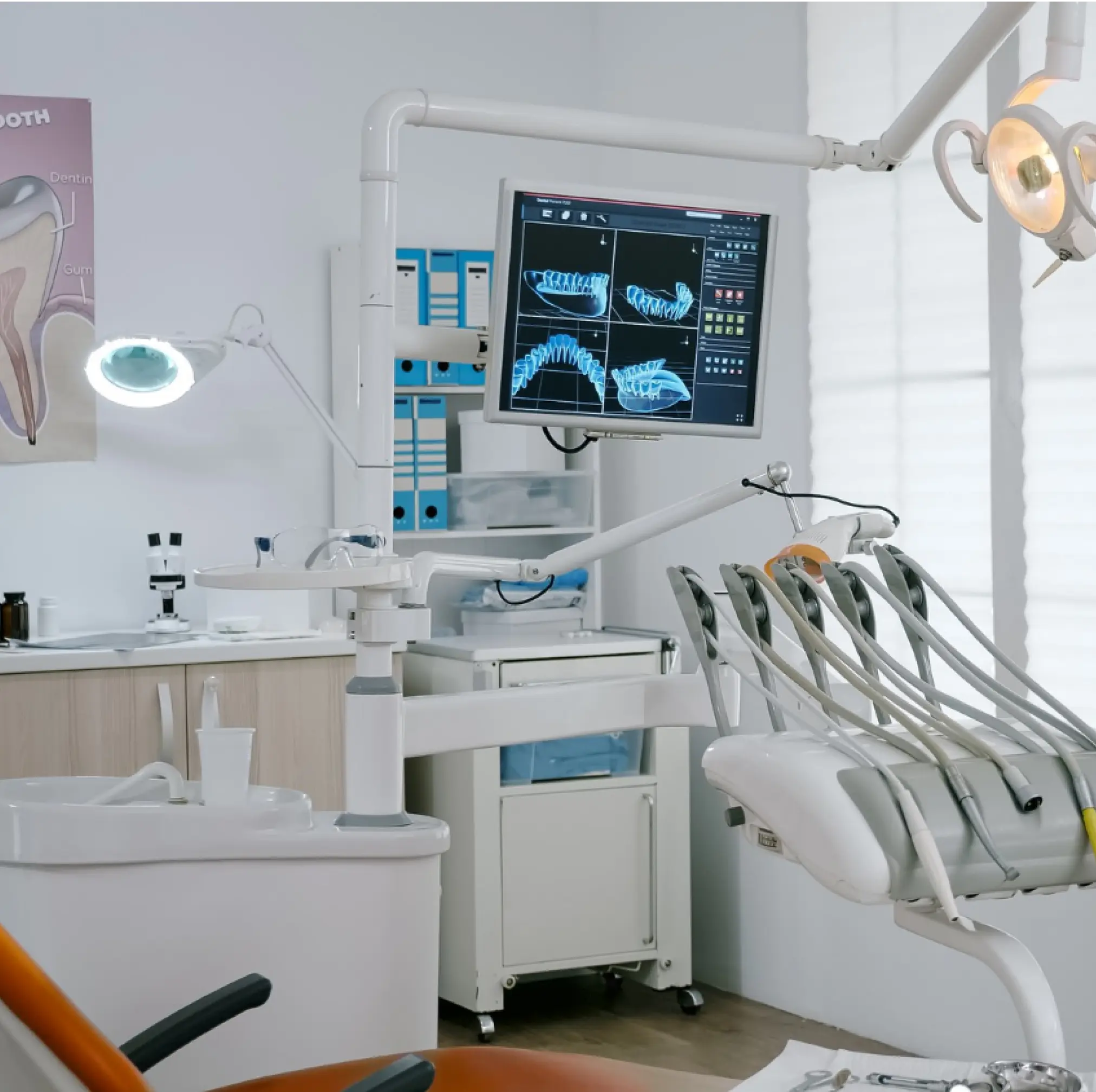
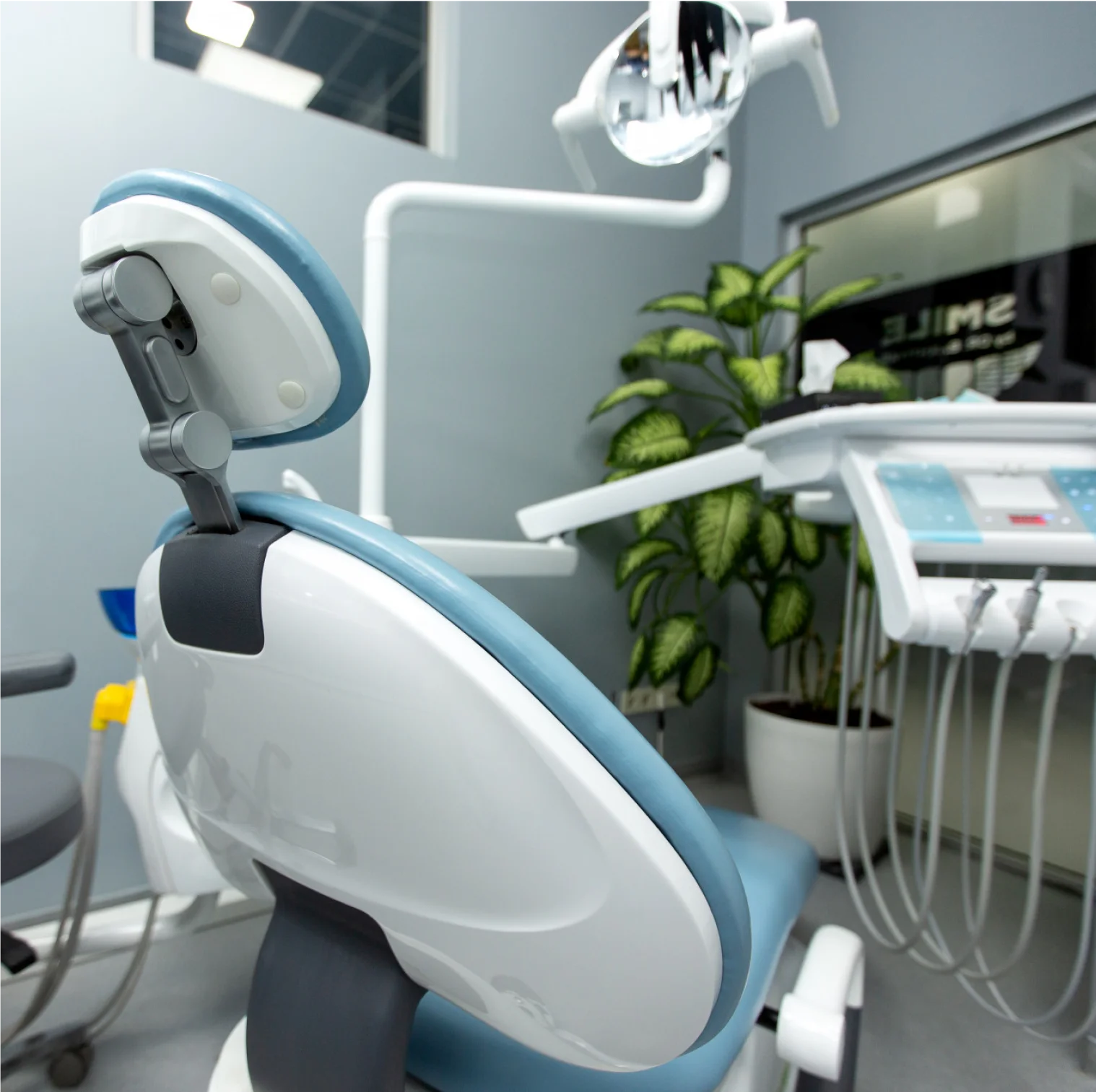
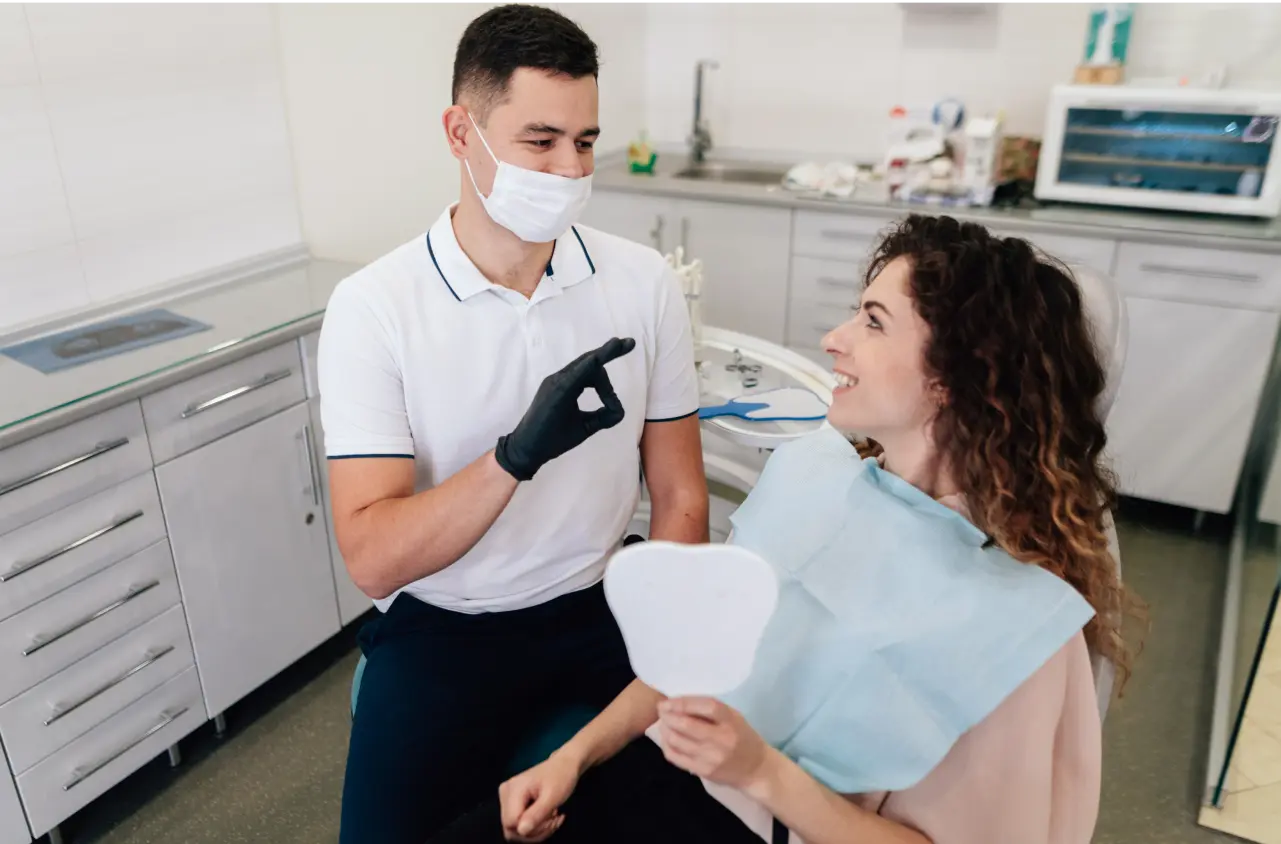
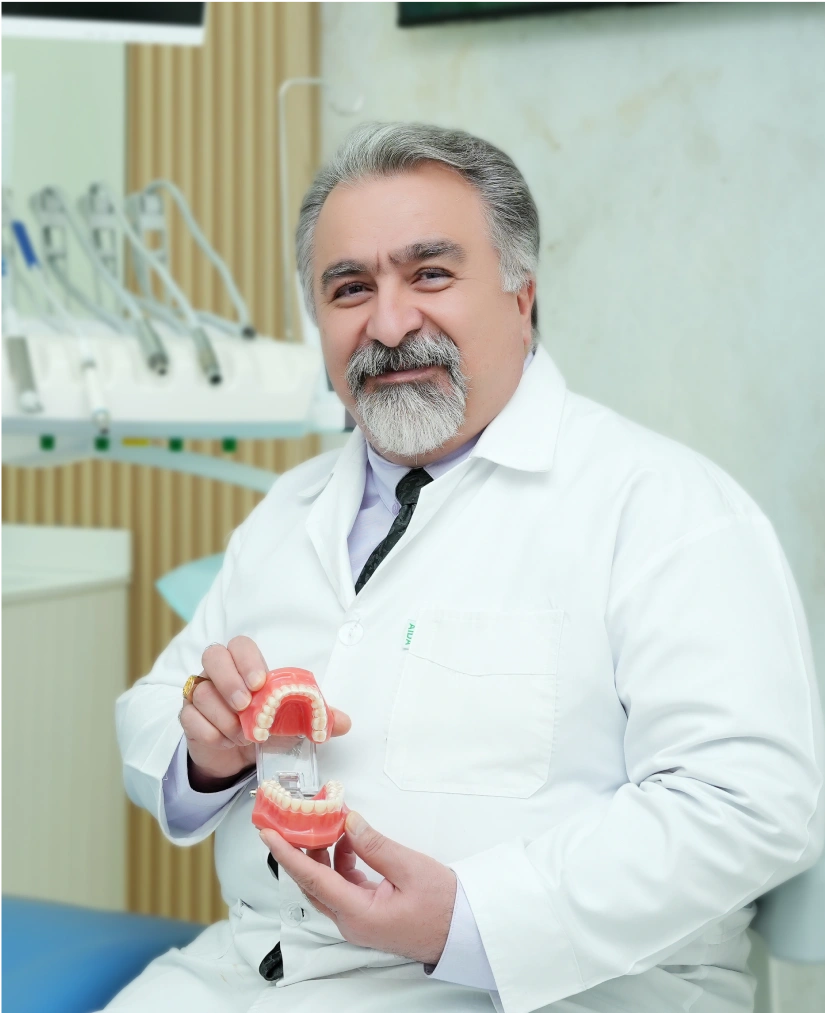 Dr. Babak Babaei
Dr. Babak Babaei 
